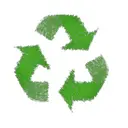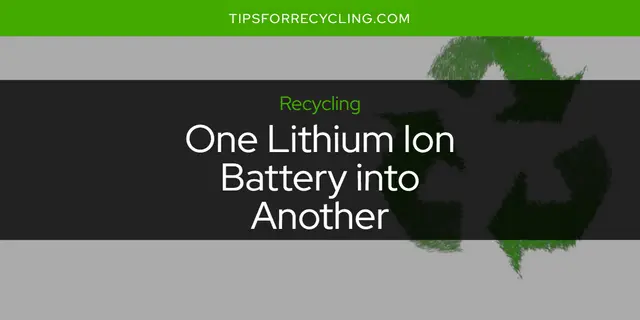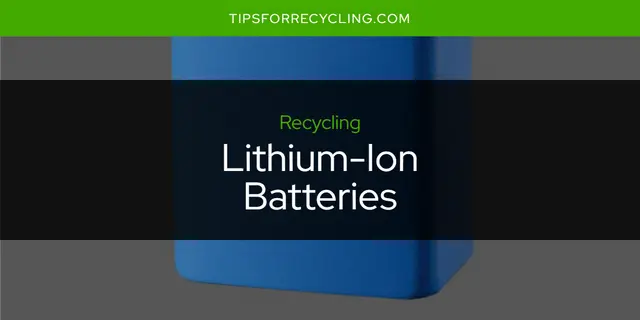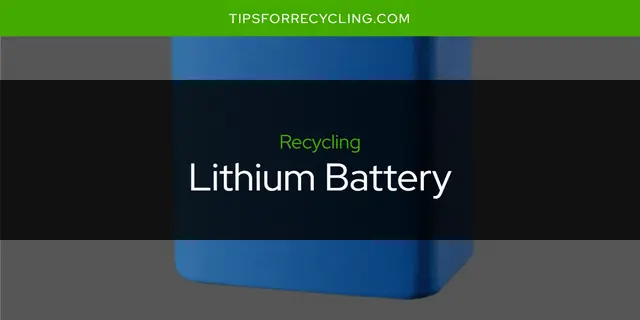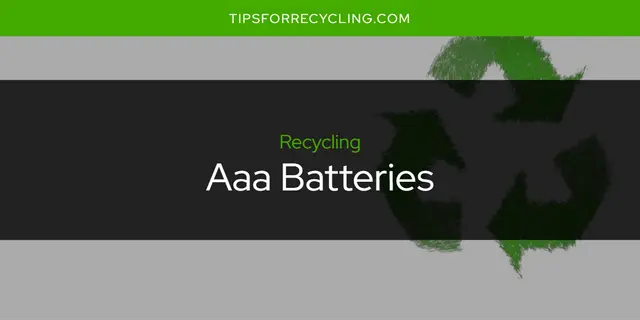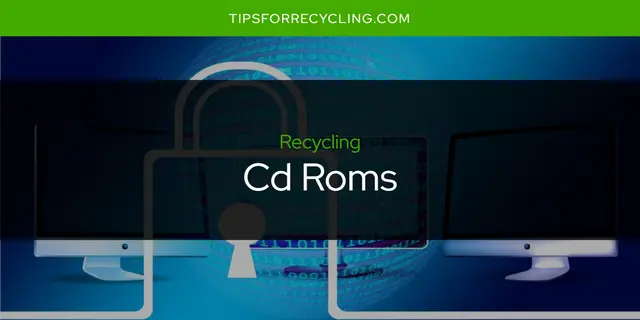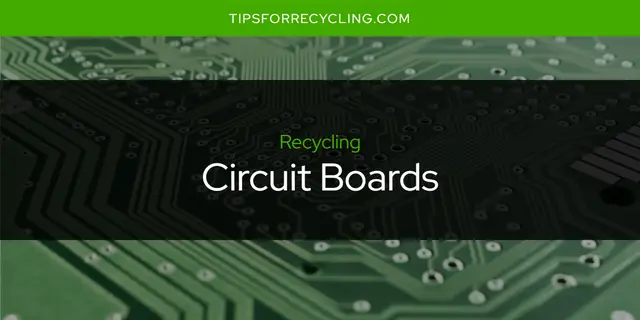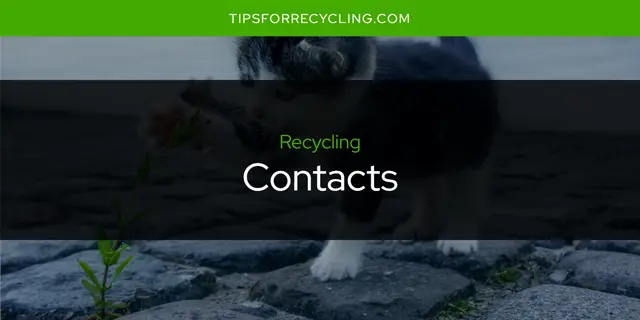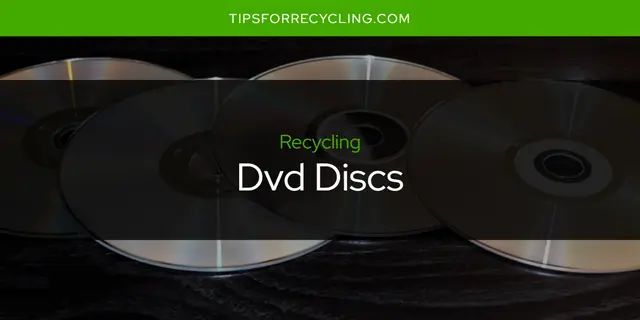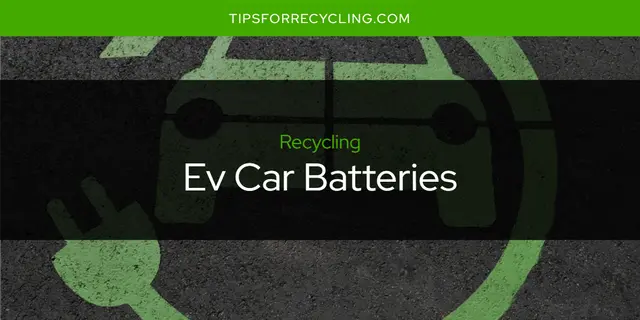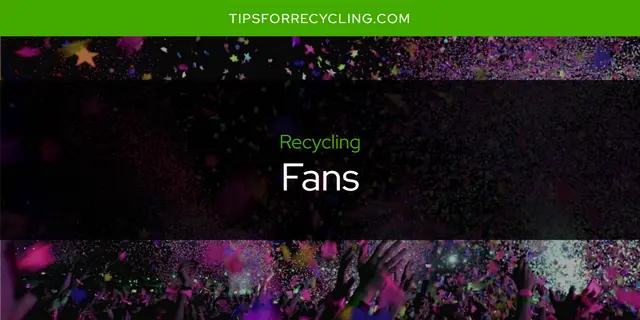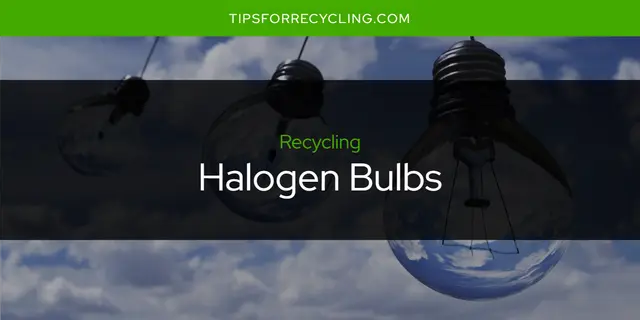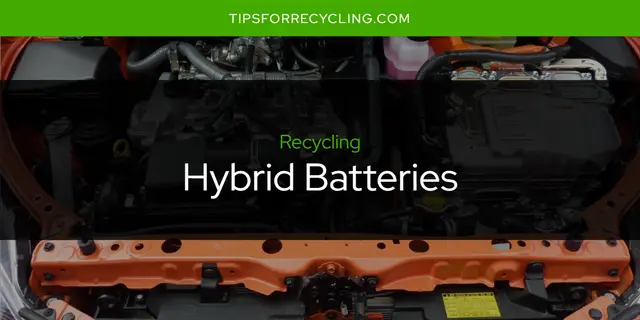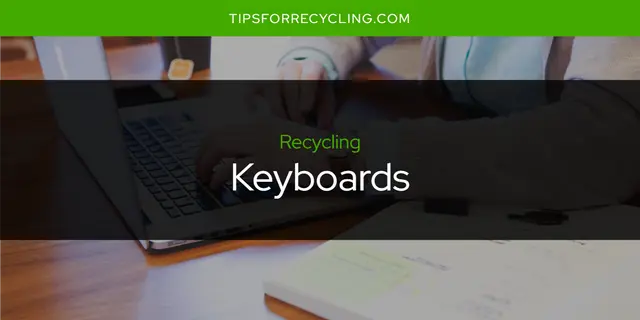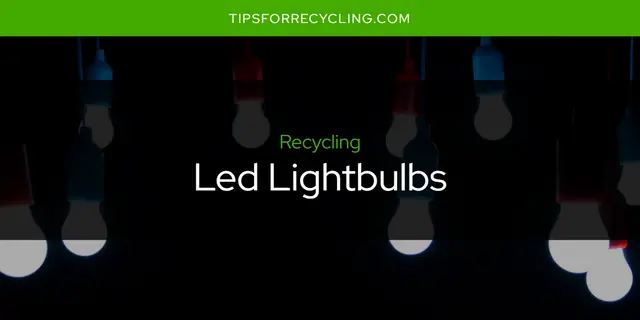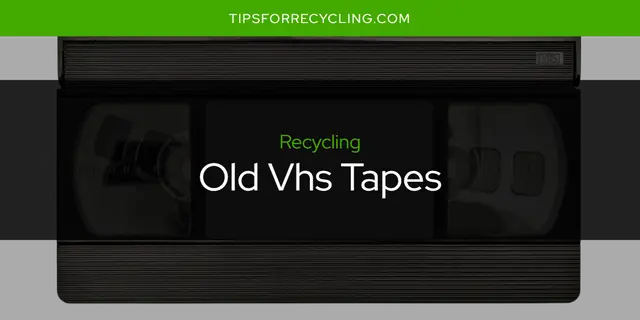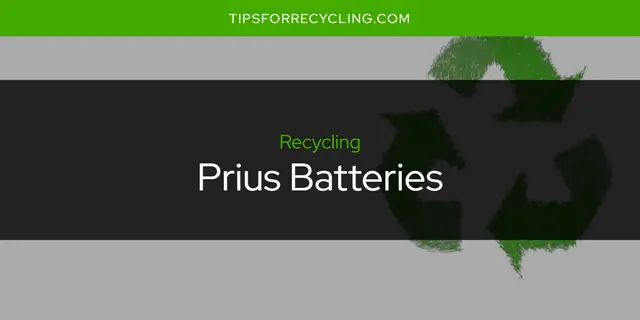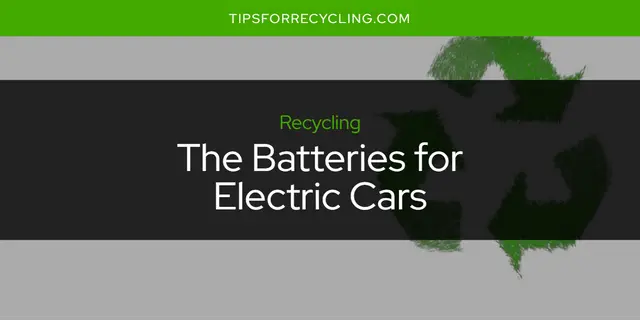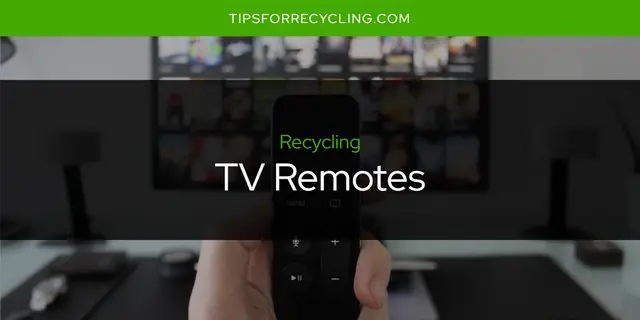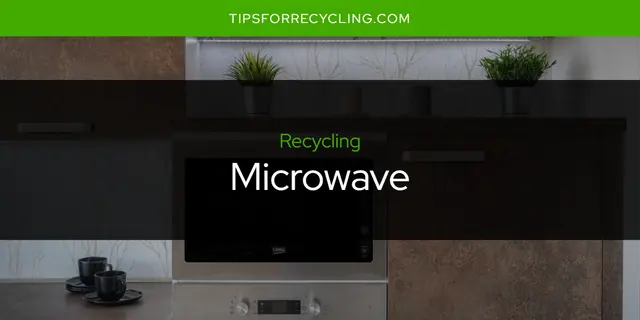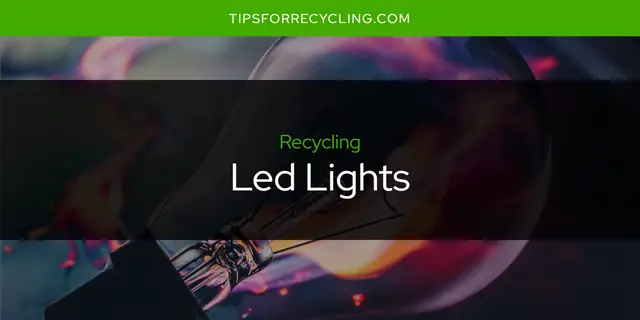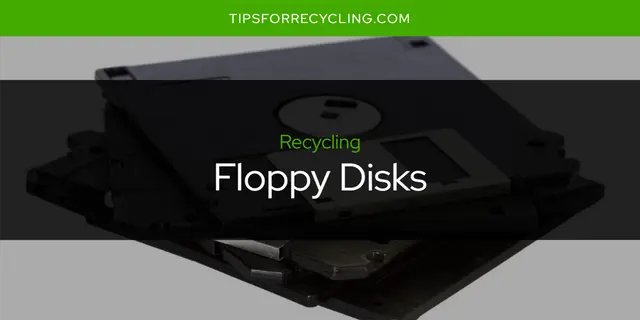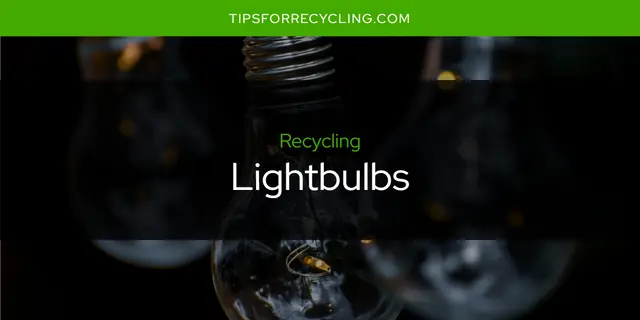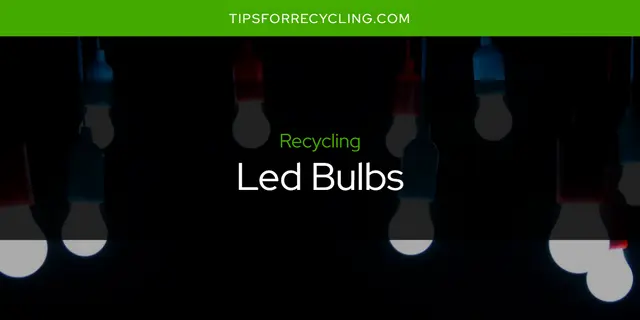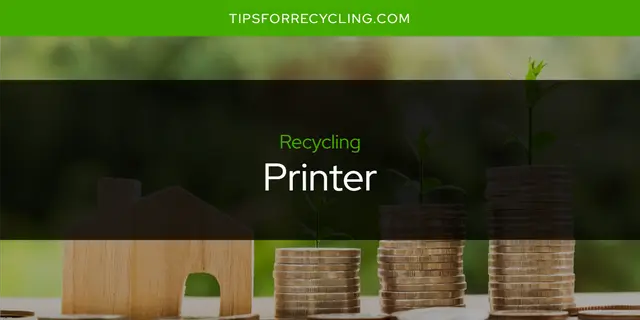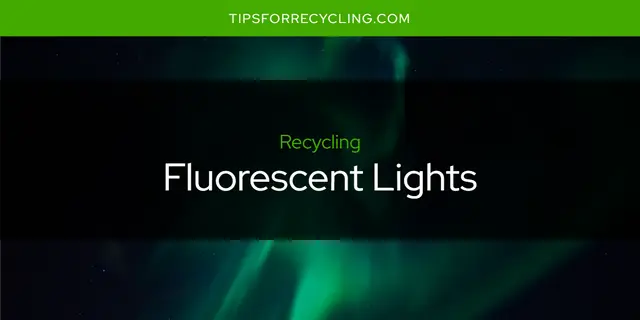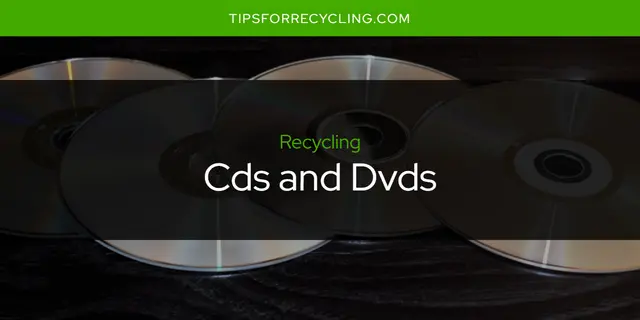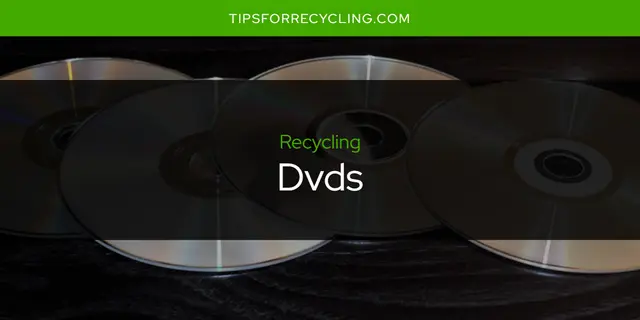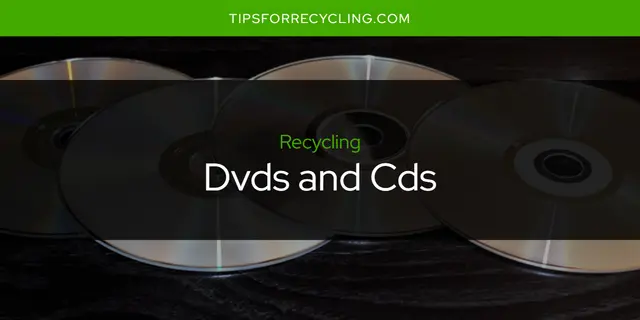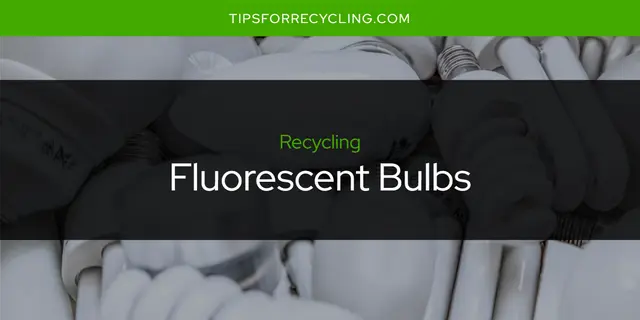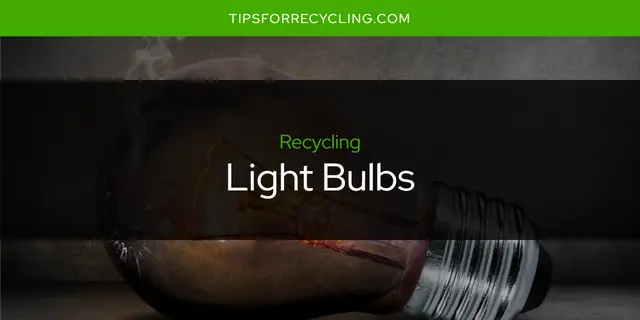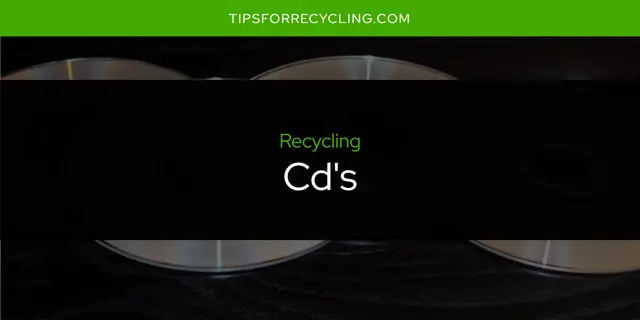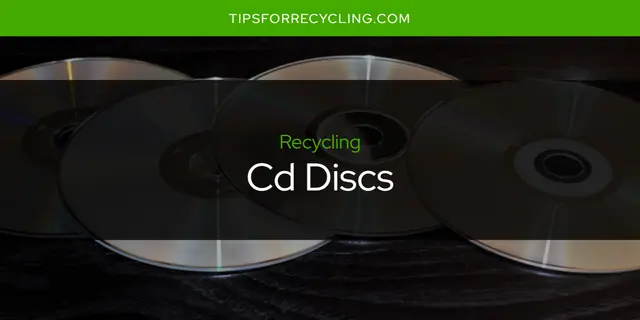Background
Electronics recycling also referred to as "e-waste recycling," is the process of reusing, refurbishing, and disposing of electrical components or items containing electrical parts. It is important for individuals and businesses to understand electronics recycling because it can help reduce the amount of harmful waste that ends up in landfills.
Amount of E-waste Generated Worldwide
According to a 2019 report from the United Nations University’s Global E-Waste Monitor, an estimated 53.6 million metric tonnes of electronic waste was generated worldwide in 2019. This number is expected to increase to 74 Mt by 2030 if current trends continue.
Toxicity of Materials in E-waste
E-waste can contain toxic materials such as lead, mercury, and cadmium that can be harmful to people and the environment if not disposed of properly. Improper disposal techniques can cause these materials to be released into the air or water supply, contaminating food sources and ultimately causing health risks for humans and animals alike.
Need for Proper Disposal Techniques
It is important to practice proper disposal techniques when dealing with e-waste in order to protect ourselves from these potential toxins. The best way to ensure this is through responsible electronics recycling practices which involve collecting e-waste for reuse or safe disposal by qualified companies or other organizations that specialize in electronics recycling.
Types of Electronics That Can Be Recycled
A wide range of electronic devices can be recycled, including one lithium ion battery into another, christmas tree lights, lithium-ion batteries, old christmas lights, lithium battery, climacell, aaa batteries, brita water filters, cd roms, circuit boards, contacts, dvd discs, ev car batteries, fans, hair dryers, halogen bulbs, hearing aid batteries, hybrid batteries, keyboards, and batteries.
Take a look around this site for information on how/where you can recycle various electronic devices.
Why Should Electronics Be Recycled?
Recycling electronics helps to keep them out of landfills where hazardous materials like lead and mercury can contaminate soil and water. In addition, recycling helps to conserve resources—by recycling an item like a computer monitor, much of the material inside can be reused to make new products. According to the EPA, recycling 1 million laptops saves enough energy to power 3,500 homes for a year.
Additionally, some electronics contain valuable metals that can be recovered during the recycling process. This means that recyclers are often willing to pay consumers for their used electronics—so it's possible to make money from your old devices after you're done using them!
How Can Electronics Be Recycled?
The best way to recycle electronics is by searching for local electronic recyclers in your area (or checking this site!). Many cities have specialized e-waste collection centers where you can drop off your unwanted electronics at no cost. Some stores such as Best Buy may also accept certain types of e-waste for free or at reduced rates—be sure to check with your local store before bringing in items.
Environmental Benefits of Electronics Recycling
Recycling electronics provides many socio-economic and environmental benefits.
Reduction in Landfill Waste
The vast majority of discarded electronics wind up in landfills, where they can leach hazardous materials into the soil and ground water. By diverting e-waste away from landfills, we prevent these dangerous toxins from entering our environment.
Energy Savings
A well-run electronics recycling program can yield huge energy savings by reducing the need for new raw materials to be mined, processed and manufactured into new products. In addition, recapturing reusable materials from old electronics helps conserve even more energy.
Economic Benefits of Electronics Recycling
Electronics recycling is an important practice for environmental protection and conservation. It also comes with economic benefits.
Creation of Jobs
Through the process of electronics recycling, new job opportunities are created. This not only helps support the individual who is hired to do the work but it can have a positive effect in the local economy as well.
Utilization of Raw Materials
Recycling electronics also allows for the reuse of raw materials that would otherwise go unused or discarded. This in turn reduces the need to create new materials from scratch and can help reduce costs that may be associated with manufacturing new items.
The practice of electronics recycling is an important one that should not be overlooked. It not only provides environmental benefits but economic ones as well.
Government Policies and Regulations on Electronics Recycling
Recycling electronics is a critical part of reducing e-waste and protecting our environment. Governments have an important role to play in encouraging proper disposal of these items.
Public Education on Proper Disposal
Governments should focus on educating the public about the proper disposal methods for electronics to ensure that hazardous materials are not released into the environment. This could include providing information through public campaigns and educational programs at schools, libraries, and community centers.
Legislation to Encourage Recycling
In addition to encouraging proper disposal, governments should incentivize companies to recycle e-waste through tax breaks or other legislative measures designed to increase recycling rates. Companies should also be required to take responsibility for properly disposing of their products, either by taking them back after they have been used or helping customers find legal recycling centers where they can dispose of their products responsibly.
Conclusion
Electronics recycling is a critical part of protecting our environment from hazardous materials that are released when these items are thrown away without being recycled properly. Governments can play a major role in promoting this practice by implementing policies that encourage proper disposal and incentivize companies to increase their recycling rates.
